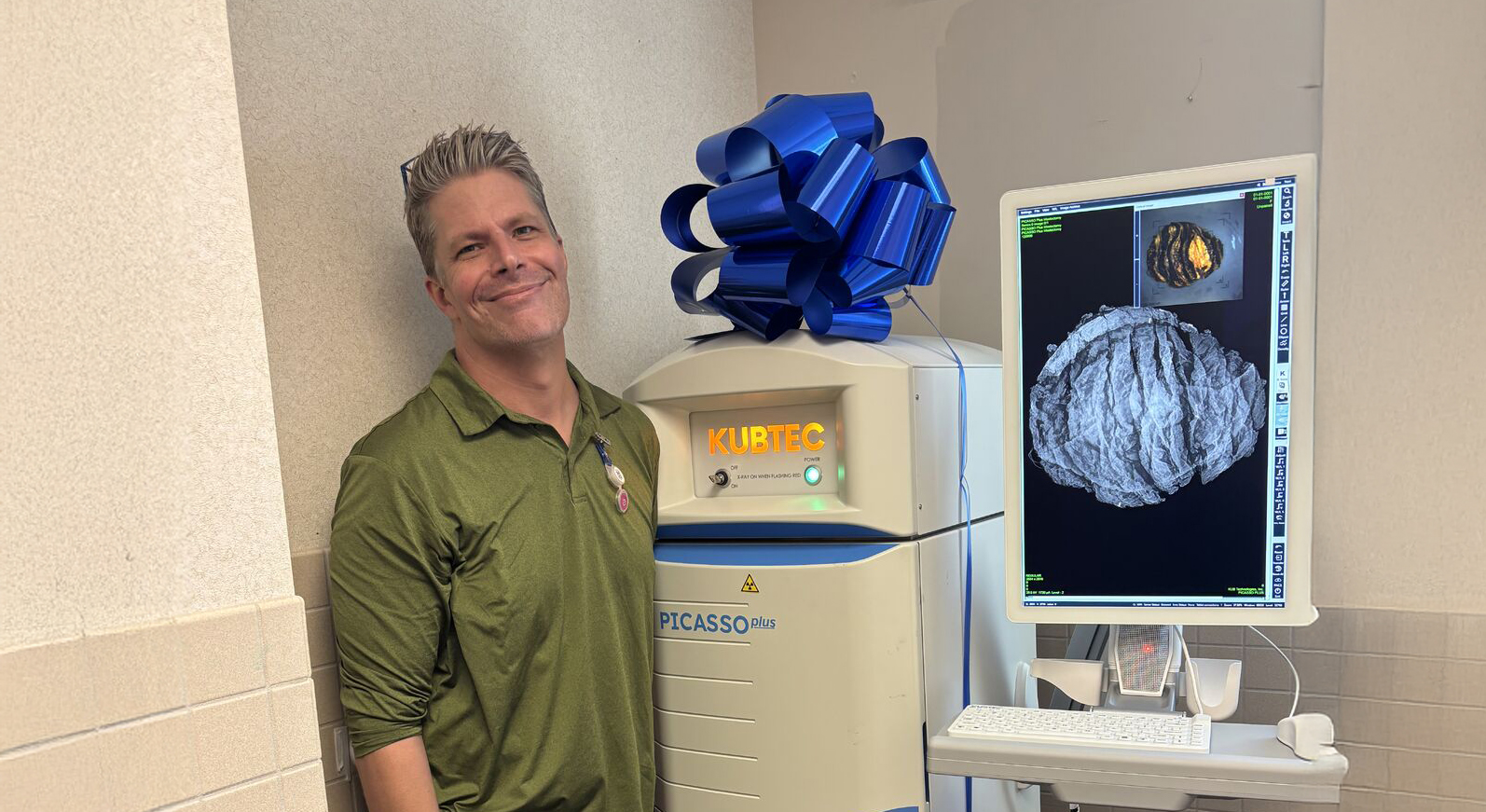Senior engineering students at Sacred Heart University will gain invaluable, hands-on experience in their capstone course starting this fall.
The students will assist three area technology companies on specific projects while acquiring and honing skills and experiencing real-world jobs.
Tolga Kaya, director of SHU’s engineering programs, said the opportunities came about as he sought to ensure the seniors’ two-semester capstone course would be remarkable. “I really want to stimulate the students,” said Kaya, who also is a professor in the School of Computer Science and Engineering. He noted that the computer engineering program launched in 2017, so this is the first group of seniors.
Kaya previously advised as many as 50 capstone projects at his previous university. Most of them weren’t always the most practical or useful, he said. With that in mind, Kaya decided that every SHU senior engineering project would be meaningful and have real-world application. So, instead of having students come up with a product to design or assigning groups of students a specific task, Kaya put together his own campaign, which led him directly to the engineering industry.
Through word of mouth and social media, Kaya asked companies if they needed help with a project or initiative, but didn’t necessarily have the resources or workforce to make it happen. He proposed that his students provide the work and research for the businesses.
“I thought, ‘Who wouldn’t want a group of budding engineers helping them?’” Kaya said.
To Kaya’s delight, three companies jumped at the chance to have SHU students’ help: Quanser of Ontario, Canada; ECM PCB Stator Technology of Newton, MA; and Kubtec Medical Imaging of Stratford. Kaya and Cedric Bleimling, SHU’s IDEA Lab manager, are ironing out the project details with each business, making sure they understand the expectations. Come August, the six engineering seniors in the capstone course, plus students form SHU’s computer science program, will get to work.
“Thanks to the IDEA Lab’s resources, students will be able to use rapid prototyping, advanced manufacturing tools and software to offer real-world solutions, a demanded skill in the workforce,” Bleimling said.
Kaya thinks it’s a “pretty good offer.” SHU students will break into groups and help each company bring their ideas to fruition. Each business also will assign an employee or two to work with the student groups throughout the year. The teams will meet regularly to review their progress.
Quanser is a world-class designer and manufacturer of laboratory solutions for modern engineering education and research. Through a highly integrated collaboration model, SHU and Quanser will set a new standard for engineering education in the areas of autonomous vehicles and controls such as drones. Using Quanser educational products, SHU students will receive hands-on experience that is academically appropriate and engages them in real-world applications.
“We are thrilled to work with Professor Kaya and his students to develop a vision- and sensor-based automatic landing gear for an autonomous air vehicle,” said Paul Karam, research and development director at Quanser. “Having students work on such a contemporary, complex and rigorous project allows them to exercise and strengthen their system design thinking.”
With ECM PCB Stator Technology—a company dedicated to improving motor technology for the next generation of innovators—students will work with regenerative motors. “The ECM Team is excited to be collaborating with the faculty and students of Sacred Heart’s engineering program. Getting our disruptive motor technology in the hands of emerging engineers will help the students build and develop a variety of new, commercially and sustainably viable products for the world,” said Rob Luchars, vice president of business development at ECM PCB Stator Technology.
Kubtec Medical Imaging produces transformative specimen imaging systems that enable medical professionals to provide the best quality of care for their patients. Members of the company’s research and development group will work with students to provide direction on a current design, development and manufacturing opportunity that can be applied to solve immediate needs in the treatment of breast cancer. Students will use the University’s 3D printers in the course of their work.
“We are excited to bring in young talent to take a fresh look at this project and to utilize the resources of SHU’s IDEA Lab to generate prototypes and work through potential solutions in a very systematic way,” said John Pizzonia, research and development manager at Kubtec. “It is an ideal environment to facilitate innovation using digital fabrication and advanced manufacturing techniques.”
Kaya is confident this capstone experience will set his engineering students apart from others. He said they will understand what it’s like to work on a team, solve problems and apply their classroom skills to a real-life project.
The seniors don’t know the full scope of their capstone project yet but are excited, Kaya said. While students may feel like they are employees at these high-tech companies, he said he will support them every step of the way. As they are being challenged, he and Bleimling will guide them to make sure they are on the path to success.
To learn more, visit SHU’s engineering program webpage.
Photo caption: The Quanser system installation at West Campus in 2019. The Quanser team spent three days at the IDEA Lab, training both instructors and also junior and senior engineering and computer science students.
Request your personal meeting or demo
Fill out the form and one of our exhibition managers with be in touch about scheduling your personal meeting or demo at our upcoming trade show.
For more news, views, & events, please visit our LinkedIn page
Click Here



